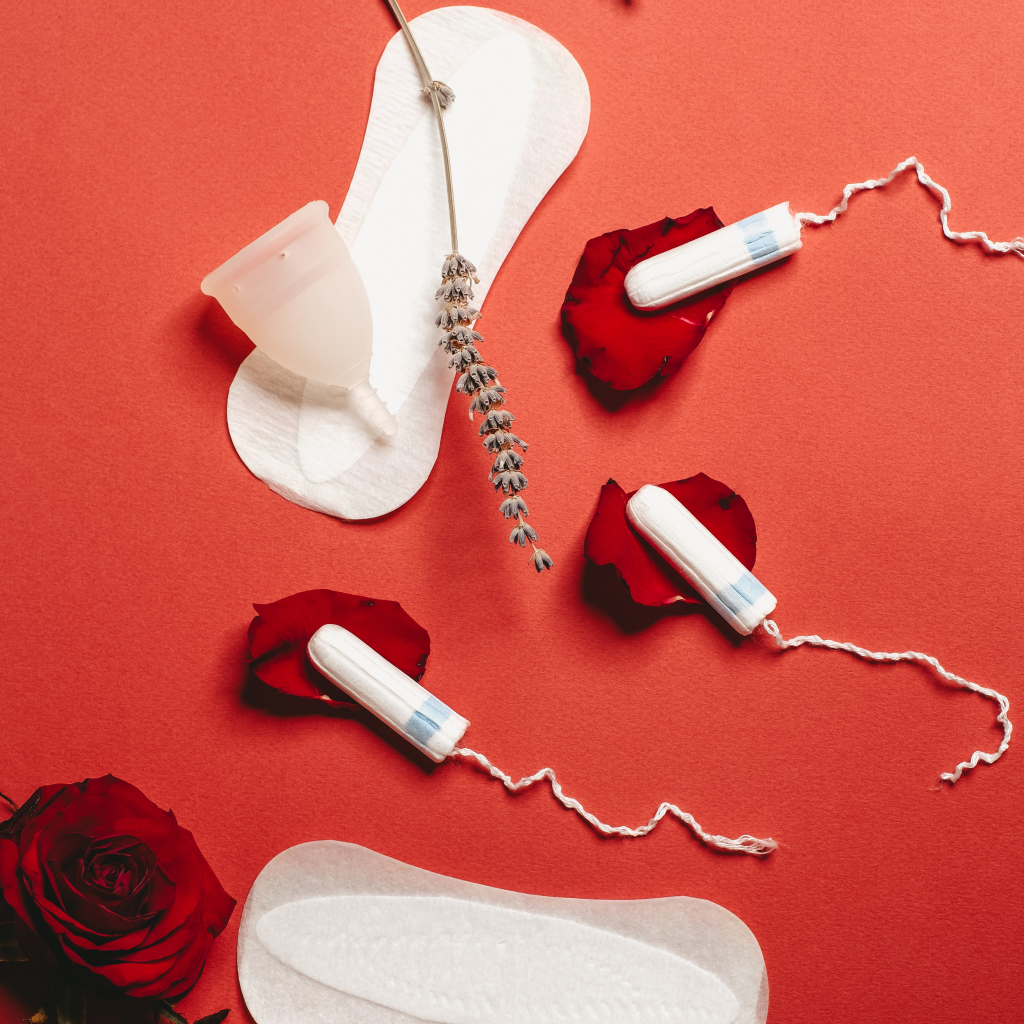
By Nyasha B Dube
Despite being a natural and healthy bodily function that affects every woman globally, menstruation remains a taboo in most African communities.
The myths and misconceptions surrounding this biological process has severely impacted women’s productive health and wellbeing, as well as standing in the way of proper menstrual health management.
Menstruation is associated with being dirty, and menstruating women are seen as impure and not fit to be part of society.
This has in turn stood in the way of women’s contribution to Sustainable Development Goals.
The world commemorated Menstrual Hygiene Day of the 28th of May and this year’s theme was Making menstruation a normal fact of life by 2030.
In light of this theme, Marange Women’s Alliance, an organization that seeks to amplify the voice of women and promote gender equality for women in mining communities, was one of the many organizations which held discussions concerning menstrual health.
Of interest was how women openly shared stories on how they have been discriminated because they were on their monthly periods.
Below are direct quotes from some of the women:
Ndakambonzwa umwe mukadzi achiti ndinonzi kana ndiri kunguwa handifanirwi kubika… (I once heard one woman saying when I’m on my periods I’m not allowed to cook)
Mai Cris
Kune zvitendero zvinodaro. Zvakafanana nedzimwe church mukadzi haapinde muchurch kana ari kunguwa, angatogara panze or kutorega zvake kuenda. Even kumhoresa varume mumaoko havabvumirwe (Some religions do not allow women on their periods to attend church. They are not even allowed to shake hands with men)
Pamela Muchemwa
Blessmore Simango shared her personal experience:
At one time at a family gathering I was cooking for guests and elders. We were 4 women and I was menstruating. I went to the bathroom to change my pad. One of the ladies leaked the information out. When I came back I was confronted by one of the elders accusing me of defiling the food. They refused to eat and the whole village was talking about the issues. Imagine elders going back home hungry because I cooked the food while menstruating. I was the talk of the village with everyone calling me names. They said it meant bad luck to the village. I wanted to hide, I was in shock.
Simango
There are many more myths around menstruation. In some communities it is believed that girls with a heavy flow might suffer from a sexually transmitted infections. For some, if the period starts at an early age it is commonly believed that it was caused by sexual intercourse. Therefore, women and girls are supposed to hide the fact they are menstruating and hide products from men of their family, including their close male relatives.
Such stigma and stereotypes have stood in the way of SDGs which include: SDG 3 on good health and wellbeing, SDG 4 on quality education, SDG 8 on Decent work and economic growth, SDG 10 on reduced inequalities among others.
Women constitute 52% of the global population and according to statistics by the world bank, as many as 500 million people across the globe lack access to basic menstrual products and hygienic bathroom facilities for use during their menstrual cycles.
In Zimbabwe, menstrual accessories poverty remains a reality among many women and girls despite the provisions of Constitution’s Section 80, which states that: “Every woman has full and equal dignity of the person with men which includes equal opportunities in political, economic and social activities.” Period poverty worsens the stigmatization of women and even school going girls.
According to a report by SNV Zimbabwe, “about 62% of girls miss school during their periods” and the largest number of the girls live in marginalised areas where sanitary ware is deemed a luxury and 72% of menstruating school girls do not use sanitary products simply because they can not afford them.
Through its allocation of ZWL $1.23 billion in the 2022 national budget, government is this year targeting to reach 300,000 school girls with sanitary wear and underwear.
The Education Amendment Act which was enacted on 2 March 2020 obligates the state to provide adequate sanitary facilities for girls in schools.
In the National Development Strategy, a five year blueprint issued in November 2020, Section 791 highlights the need to reduce extreme poverty and improve access to social services by providing free menstrual care products to female learners in schools.
Despite these efforts, proper disposal of used menstrual products remains a challenge that has posed environmental risks.
Tinoda Karigomba, a social scientist researcher and independent consultant on gender justice said menstrual hygiene management is a women rights issue which needs attention.
She cites a research which states that menstrual products generate more than 20 000 tonnes of waste per year, as most menstrual products are made of plastic which is non-degradable. This poses an environmental risk if menstrual health issues continue to be sidelined and women as the direct beneficiaries of environment will be greatly affected.
“We can’t talk about fulfilled SDGs without addressing the menstrual health challenges facing women. There is a link between menstrual health management and the attainments of SDGs as some of the goals are directly interfaced with menstrual health,” said Karigomba in a presentation on the nexus between menstrual health and SDGs.
She adds that the menstrual health management approach is changing the rhetoric on traditional beliefs associated withmenstruation and women need to be educated on proper disposable methods which are environment friendly.
Formative Research on Menstrual Hygiene Management Final Report, December 2019 shows that disposable sanitary pads are the most preferred for sanitary hygiene as they are considered by the majority of girls as highly effective.
The report also states that 95% of rural schools don’t have menstrual hygiene management waste disposal facilities.